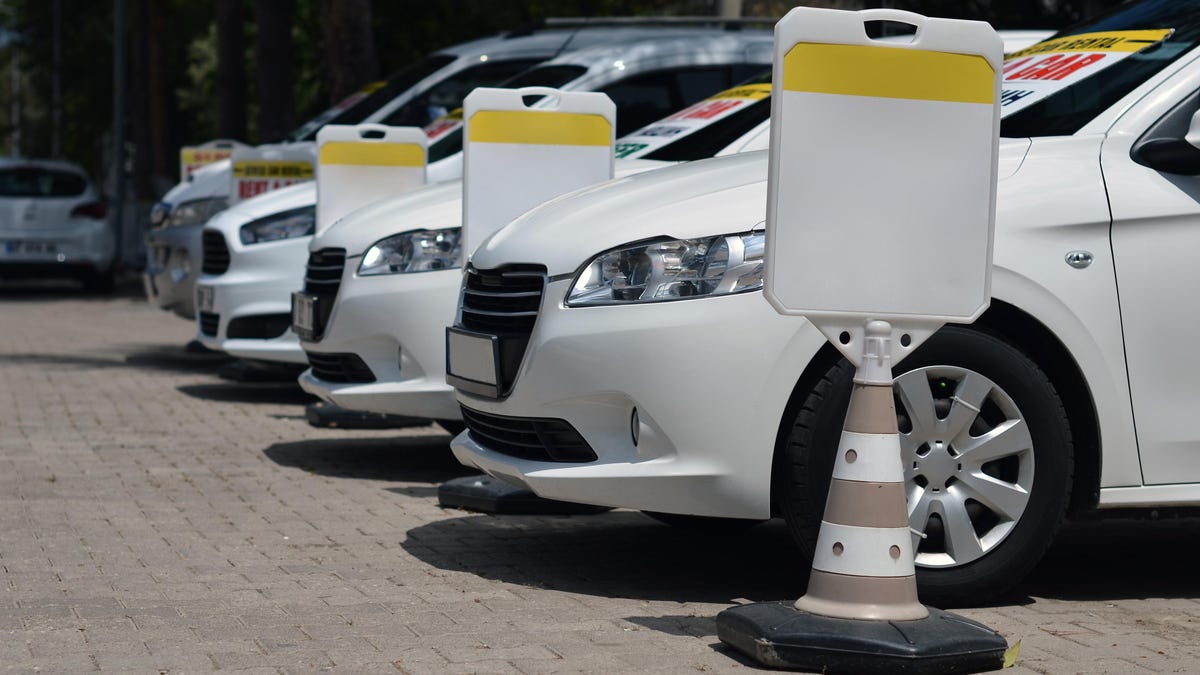Edinburgh-London off-peak rail tickets scrapped in bid to ‘simplify fares’ with new ‘70min Flex’ option
LNER launches a flexible pilot fare costing £20 more than ordinary advance ticket


Sign up to Simon Calder’s free travel email for expert advice and money-saving discounts
Get Simon Calder’s Travel email
Britain’s flagship rail company is trialling a new ticket type that will replace off-peak tickets on key intercity routes on the East Coast main line.
LNER has launched a two-year pilot for a semi-flexible ticket that is designed to provide “wriggle room” for passengers buying advance tickets on trains connecting London King’s Cross with Newcastle, Berwick-upon-Tweed and Edinburgh.
For an extra £20 on the advance fare, travellers can buy the right to travel on any train 70 minutes before or 70 minutes after the booked train.
Generally two trains each hour connect Edinburgh and Newcastle with the English capital, giving passengers a choice of five possible services: the booked train, or one of the two immediately before or after it.
LNER believes the innovative new fare will entice more travellers to use trains rather than cars, coaches and planes.
The train operator’s managing director, David Horne, said: “LNER remains at the forefront of rail reform. Simplifying fares is vital in making rail travel more attractive. Customers tell us they find fares confusing.
“This exciting new pilot is the next step in our plans to overhaul complicated and outdated ticketing options and we look forward to hearing feedback from our customers.
“We believe that making fares simpler, smarter, and fairer, while introducing value for money and modern flexibility, will encourage more people to choose to travel by rail, the most sustainable travel choice.”
Data from the Rail Delivery Group (RDG), which represents train operators, found one in three travellers for whom rail is an option are deterred because they find it difficult to find the right fare.
Alex Robertson, chief executive at the independent watchdog Transport Focus, said: “The plan to trial demand-based pricing on some LNER routes is a radical change for passengers. Transport Focus strongly supports fares reform and it’s right to trial new ideas to see if they work.
“We look forward to hearing how the trial progresses and will be monitoring that it does indeed deliver better value for money tickets for passengers.”
State-run LNER pioneered the use of “single-leg pricing” to reduce complexity in the fares system.
Only one in nine passengers on the routes linking London with Newcastle, Berwick and Edinburgh currently use off-peak (or super off-peak) tickets. But they are attractive to passengers who like a large amount of flexibility.
Off-peak tickets can be bought at any time up to departure. From Edinburgh to London an £87 super off-peak ticket is available on trains from 7am on weekdays, or any time at weekends. They are valid on any train operator, and allow for unlimited stops on the journey between the capitals.
Mark Smith, the former British Rail manager who founded the Seat61.com international rail website, said: “On the plus side – yes we need fares reform/simplification and yes, offering only three fare types all one way is definitely the way to go.
“However, most of us expected the free types to be fully-flexible, semi-flexible and inflexible – in other words anytime, off-peak and advance.
“What LNER are offering is fully-flexible, inflexible and inflexible, even if one of those offers marginal flex. Both inflexible fares are non-refundable.”
Off-peak tickets will continue to be available on all LNER journeys other than the three routes in the pilot programme. The anytime fare cost £193.90 between London and Edinburgh, continues to be sold.
The new 70miin Flex tickets are already on sale for travel from 5 February – during the next round of industrial action by train drivers belonging to the Aslef union. The £20 fee for flexibility will be halved for child fares and reduced by one-third for railcard holders.

 Tekef
Tekef 































